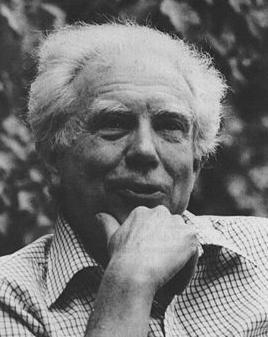
US composer Elliott Carter has died at the age of 103. Known for
his difficult, uncompromising works, he penned five string quartets
during a career that spanned nine decades. The second and third
quartets won Carter the Pulitzer Prize for Music in 1960 and
1973.
Born in 1908 in New York, Carter studied composition with Nadia
Boulanger in Paris in the 1930s. His early works were influenced by
composers such as Milhaud, Honegger and Prokofiev but his 1948
Cello Sonata signified a turn away from populism and towards his
later complex style. With this and other contemporary works he
attempted a synthesis of European composers’ styles with those of
US ultra-modernists, such as Ives and Nancarrow. His fast-moving
String Quartet no.1 (1950–51) displayed the influence of both those
composers, as well as Bartók and Berg. The composition attracted
attention from America’s music critics and paved the way for
further experiments during that decade.
Carter’s Second Quartet marked another change in his style,
embracing dissonance and unpredictability – the composer instructed
the four players to sit as far as possible from each other, to make
it seem as though they were playing four different pieces at once.
The Third Quartet (1971) has a ‘layering’ quality, in which the
quartet is split into two duos, with two sets of music overlapping
each other. The idea is explored further in Carter’s Symphony
of Three Orchestras (1976–7).
Both the Second and Third string quartets were premiered by the
Juilliard Quartet, which marked its 45th anniversary in 1991 with a
concert of all four quartets written up to that point. A fifth
followed in 1995. Although Carter remained highly regarded in his
later years, the New York Times called his quartets ‘the
most difficult music ever conceived’ in 2002.
In his later years, Carter composed concertos for various
instruments. His Violin Concerto (1990) displayed a new lyricism in
his writing, and in 2000 he completed a Cello Concerto for Yo-Yo
Ma, who performed the premiere the following year with Daniel
Barenboim conducting the Chicago Symphony.
As well as the two Pulitzers, Carter received the 1985 Ernst von
Siemens Prize, the Sibelius Medal, the National Medal of the Arts
and the Gold Medal of the Royal Philharmonic Society among many
other awards. In 2008 he became the first composer to be honoured
with a BBC Proms centenary concert while still alive.



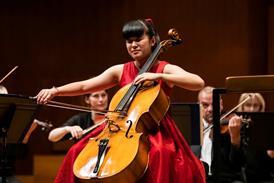
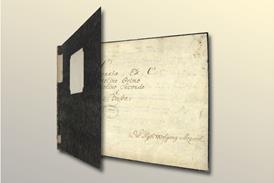
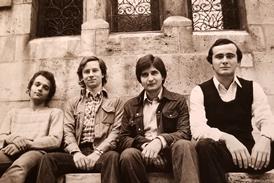




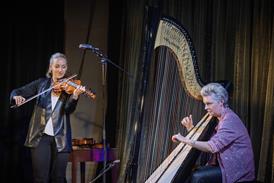


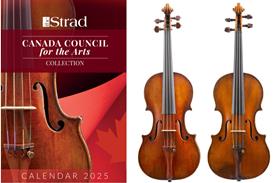
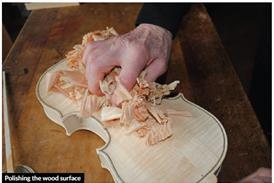





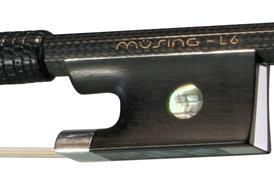





No comments yet